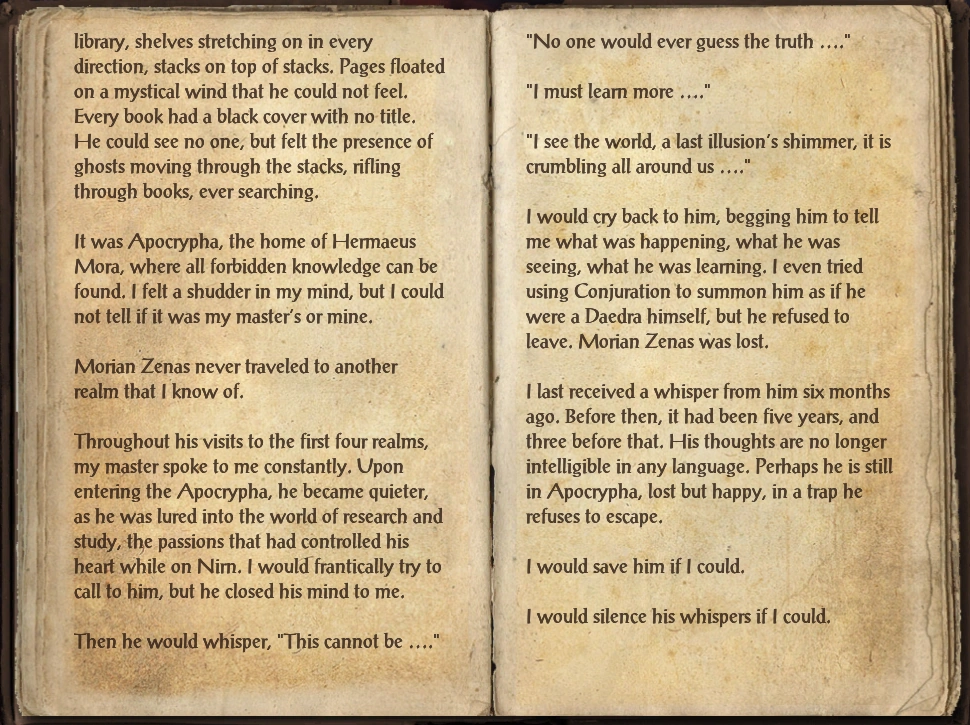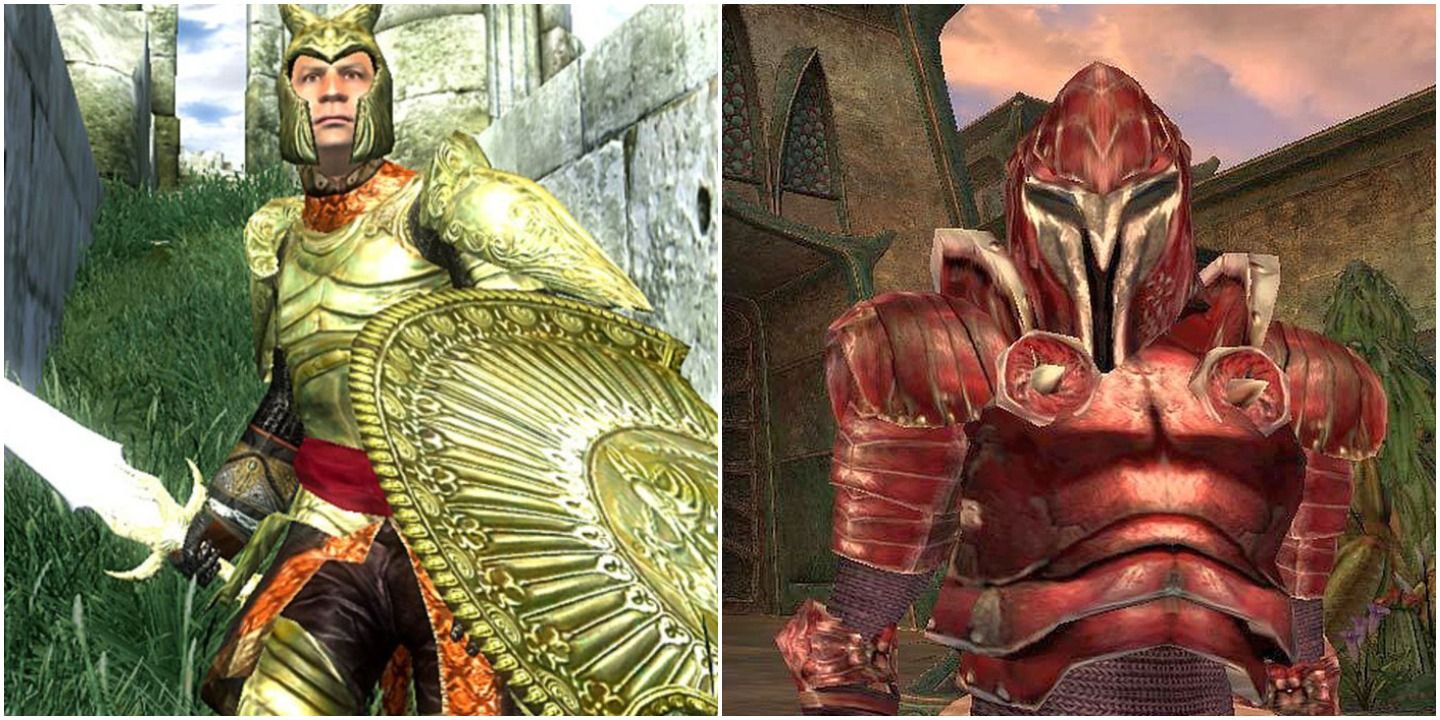

It’s both straight forward and immersive to follow the instructions given by a Morrowind quest giver instead of aiming directly at a quest marker like Oblivion and Skyrim encourage.

The introduction of the quest marker in Oblivion to replace Morrowind’s quest directions is another example of ease of completion, not necessarily better transpareny. In questing, the player should find the task itself challenging, but part of the challenge should not be deciphering the confusingly worded quest text itself. This makes sense for a lot of other aspects of the games as well. Character skills, for example, might be more difficult to accumulate as in games like Morrowind, but the premise behind their accumulation should not be confusing. When it comes to RPG game design, accessibility should mean making the premise underlying mechanics transparent. Unlike Oblivion and Skyrim, for example, Morrowind had no doors that couldn't be unlocked with a high enough skill, even ones that were essential to certain quests. In return for its greater difficulty, Morrowind had greater rewards for committing to certain skills. In both Oblivion and later Skyrim, the player can join any faction in the land with no problem, even if their creeds are radically different. Joining one of the Great Houses of Morrowind, for example, locked off the others.

Though there are many differences, the common theme is simple: Morrowind forced the player to make far more choices and to specialize to a far greater degree. Some of the biggest differences can be seen when comparing the features in Morrowind and Oblivion.

There’s no question that The Elder Scrolls games have gotten simpler over the years.


 0 kommentar(er)
0 kommentar(er)
